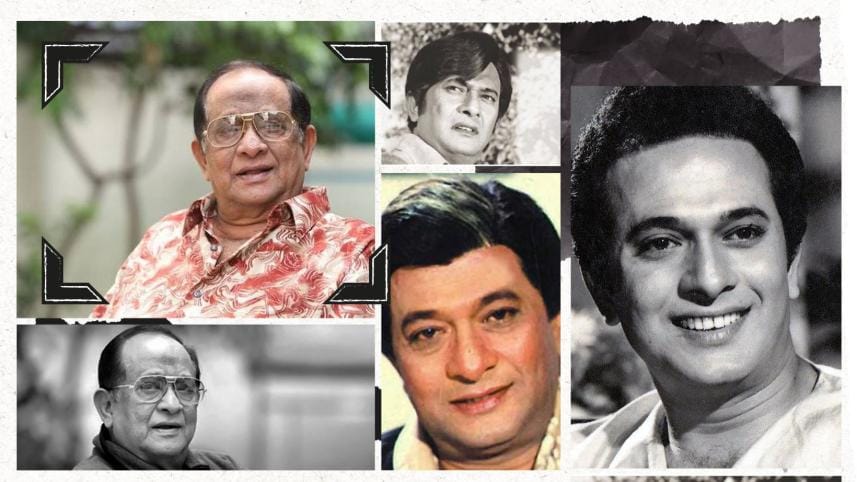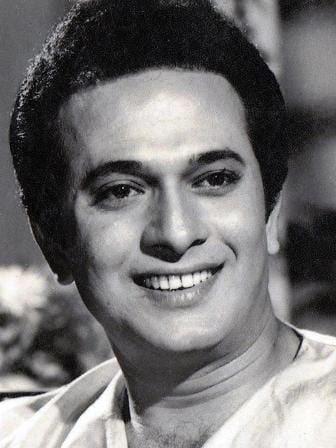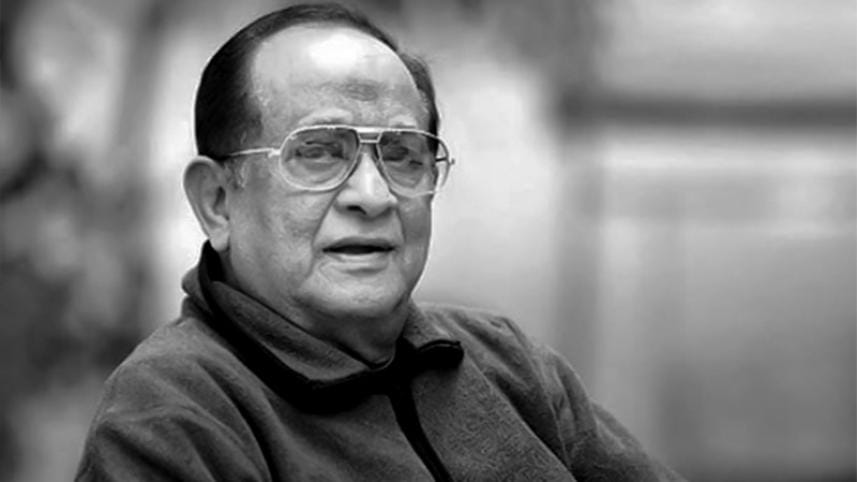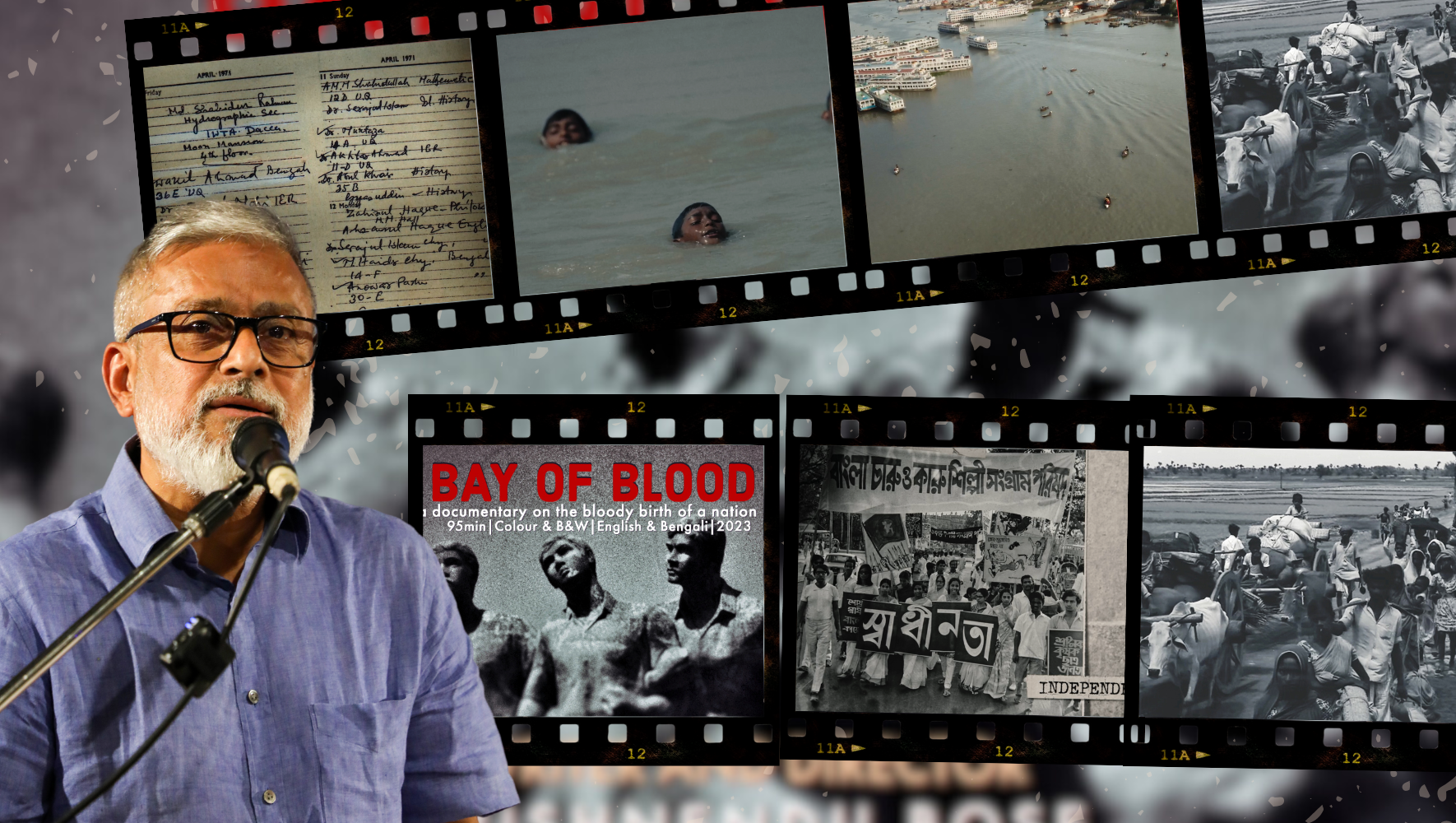Honouring the legacy of the silver screen legend

It has been six years since the iconic Nayak Raj Razzak bid farewell to us, leaving behind a legacy that continues to shine brightly in the hearts of millions. As we commemorate his sixth death anniversary, we are reminded of the remarkable actor he was and the profound impact he had on Bangladeshi cinema and culture.
Nayak Razzak, often called the "Nayak" (hero) of the silver screen, was more than just an actor. He symbolised dedication, passion, and an unwavering commitment to his craft. His ability to breathe life into characters was unparalleled, captivating audiences across generations. Whether portraying a heroic figure or a commoner, Razzak's authenticity and emotional depth resonated with people from all walks of life.

Razzak's journey in the world of entertainment was nothing short of extraordinary. From his humble beginnings in local theatre to becoming a cinematic icon, his rise was a testament to his hard work and perseverance. His presence in films like "Behula", "Jibon Theke Neya", and "Moina Moti" turned these movies into timeless classics that are still cherished today.
One of the defining collaborations in Nayok Razzak's career was with the acclaimed filmmaker Zahir Raihan. The collaboration between these two legends gave birth to cinematic masterpieces that continue to be celebrated today. Zahir Raihan's directorial vision, combined with Razzak's unmatched acting skills, resulted in films that not only entertained but also left a lasting impact on audiences.
One of the most notable films born out of this partnership was "Behula". This film, released in 1966, marked Nayok Razzak's debut in Bangladeshi cinema and showcased his ability to embody complex characters. The collaboration between Razzak and Zahir Raihan was a harmonious fusion of talent and vision, resulting in a movie that became an instant classic.
Their collaboration continued with "Jibon Theke Neya" (1970), a groundbreaking socio-political film that dared to tackle the issues of the time head-on. The film's bold narrative and thought-provoking themes made it a milestone in Bangladeshi cinema. Nayok Razzak's performance in the film demonstrated his range as an actor and his commitment to meaningful storytelling. His dedication, charisma, and ability to immerse himself in his character endeared him to nationwide audiences.
The 1970s and 80s marked the zenith of Razzak's career. He starred in numerous films that became iconic in Bangladeshi cinema, including "Jibon Theke Neya", "Nil Akasher Niche", "Ora Egaro Jon", "Chhutir Ghonta", and "Deep Nebhe Nai", among others.
Razzak was more than just a performer. He was a trailblazer who left an indelible mark on Bangladeshi cinema. His acting prowess aside, he ventured into film production and played a crucial role in shaping the narratives and storytelling techniques of his time. His contributions extended beyond the screen, with his production company "Rajlokkhi Films", and his keen eye for storytelling helped nurture new talents and innovative narratives.

Nayok Razzak's career was challenging. He faced the changing cinema landscape, adapting to shifting tastes and evolving technology. Despite this, he remained a constant presence, captivating audiences with his versatile performances and emotional depth.
Razzak's passing in 2017 left a void that is difficult to fill. His legacy lives on through his films, which continue to inspire and entertain. His impact on Bangladeshi cinema is evident in the work of contemporary actors and filmmakers who draw inspiration from his dedication and passion for storytelling.
Nayok Razzak's films weren't just stories on celluloid; they were narratives that resonated with people's hearts and souls. His ability to bring characters to life in a way that touched universal emotions made his work timeless, allowing it to cross cultural boundaries.
As we reflect on Nayok Razzak's life and legacy, it's impossible not to feel a sense of nostalgia. His performances evoked emotions that ranged from laughter to tears, leaving an indelible impact on our collective memory. He wasn't just an actor we watched; he was a part of our lives, culture, and identity.




 For all latest news, follow The Daily Star's Google News channel.
For all latest news, follow The Daily Star's Google News channel. 
Comments